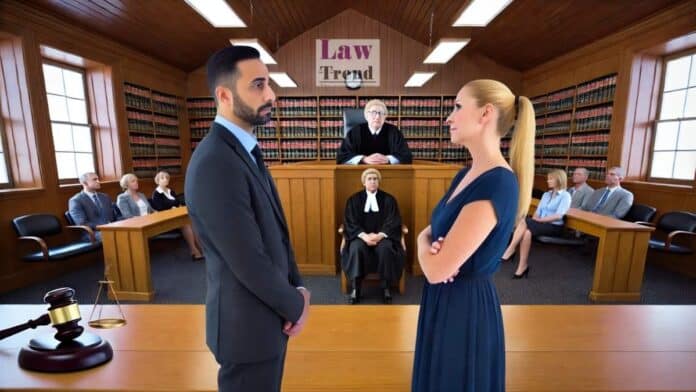The Madhya Pradesh High Court on September 3, 2025, dismissed a criminal appeal challenging the acquittal of a man accused of rape, holding that a promise to marry an already married woman does not constitute a “misconception of fact” under the law. A division bench of Justice Vivek Agarwal and Justice Avanindra Kumar Singh affirmed
To Read More Please Subscribe to VIP Membership for Unlimited Access to All the Articles, Download Available Copies of Judgments/Order, Acess to Central/State Bare Acts, Advertisement Free Content, Access to More than 4000 Legal Drafts( Readymade Editable Formats of Suits, Petitions, Writs, Legal Notices, Divorce Petitions, 138 Notices, Bail Applications etc.) in Hindi and English.




